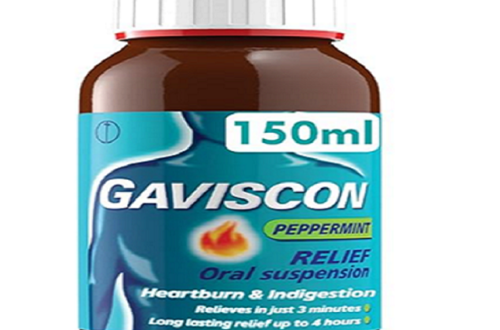Vaginal health is a topic that many women are hesitant to bring up, even with their doctors. But staying informed and knowing what’s normal and what’s not can make a big difference in your overall well-being. The vagina is a complex, self-regulating part of the body, but like any system, it’s not immune to issues. Here are some of the most common vaginal problems women face, along with tips on how to manage or prevent them.
1. Yeast Infections
One of the most common vaginal problems, yeast infections occur when there’s an overgrowth of Candida, a fungus that naturally lives in the vagina. Symptoms include itching, thick white discharge, burning, and redness. Triggers can range from antibiotic use and hormonal changes to high sugar intake and wearing tight or non-breathable clothing.
What helps: Over-the-counter antifungal treatments are usually effective. To prevent recurrent infections, wear cotton underwear, avoid scented products, and manage blood sugar levels if diabetic.
2. Bacterial Vaginosis (BV)
BV happens when there’s an imbalance between “good” and “bad” bacteria in the vagina. Unlike yeast infections, BV often causes a thin, grayish-white discharge with a strong fishy odour. It’s not classified as a sexually transmitted infection, but it tends to occur more frequently in sexually active women.
What helps: BV is treated with antibiotics prescribed by a doctor. Avoiding douching and using mild, unscented soaps can help maintain the vagina’s natural bacterial balance.
3. Urinary Tract Infections (UTIs)
Though not strictly a vaginal issue, UTIs often affect the bladder and urethra, which are closely linked. Symptoms include a burning sensation while urinating, frequent urges to go, and pelvic discomfort.
What helps: Drink plenty of water, urinate after sex, and wipe front to back to prevent bacteria from spreading. If symptoms persist, antibiotics are necessary.
4. Vaginal Dryness
Often tied to menopause, vaginal dryness can also affect younger women due to stress, medications (like antihistamines or birth control), or breastfeeding. It can cause discomfort during sex and even lead to minor tearing.
What helps: Water-based lubricants or vaginal moisturisers offer relief. In menopausal women, hormone treatment may be considered.
5. Sexually Transmitted Infections (STIs)
Infections like chlamydia, gonorrhea, HPV, and herpes can all affect vaginal health, often without noticeable symptoms. Regular screening is vital, especially if you’re sexually active with new or multiple partners.
What helps: Barrier protection methods (like condoms), regular gynaecological exams, and honest conversations with partners are key to prevention.
Vaginitis
A general term for inflammation of the vagina, vaginitis can result from infections (yeast, BV, STIs) or non-infectious causes like allergic reactions or irritants. Symptoms often include discharge, odour, and discomfort. Identifying the underlying cause is key, so self-diagnosing isn’t always wise. A doctor can run simple tests to pinpoint the issue.
What helps: Avoid scented products, douching, and harsh detergents to reduce irritation. Wear breathable cotton underwear and maintain good hygiene.
Pelvic Floor Disorders
The pelvic floor muscles support the bladder, uterus, and rectum. If these muscles weaken, due to childbirth, ageing, or heavy lifting, it can lead to conditions like vaginal prolapse, urinary incontinence, or faecal leakage. Symptoms may include pelvic pressure, urine leakage, or a noticeable bulge in the vaginal area.
What helps: Pelvic floor therapy and Kegel exercises can strengthen muscles and ease symptoms. In severe cases, support devices or surgery may be needed, along with lifestyle habits to reduce strain.
Final Thoughts
Your vaginal health is an essential part of your overall well-being. If something feels off, don’t ignore it or feel embarrassed to seek medical advice. Trust your body’s signals and remember: talking about vaginal health shouldn’t be taboo. The more we normalise the conversation, the healthier and more empowered women become.
If you live in Bangalore or Hyderabad and are looking for a trusted hospital for gynaecology and maternity care, Apollo Cradle & Children’s Hospital is a reliable choice. With multiple locations across both cities, it offers advanced medical facilities and a team of experienced doctors, nurses, and healthcare professionals dedicated to women’s and children’s health. The doctors create a supportive, non-judgmental environment where women feel safe to speak openly. They listen with empathy and encourage honest conversations, even about the most sensitive concerns.






